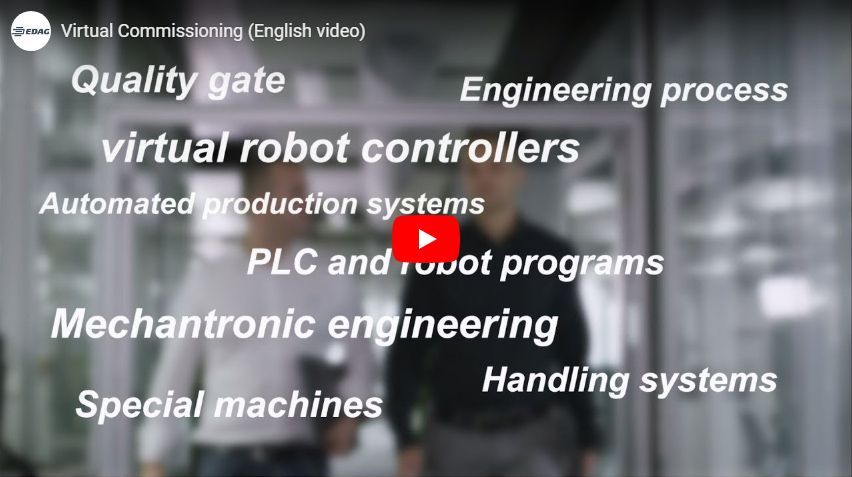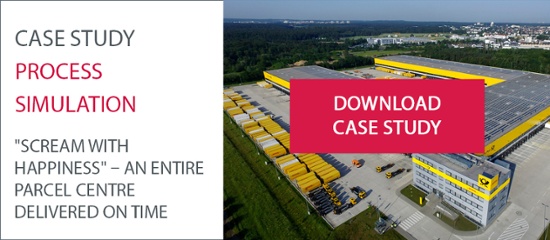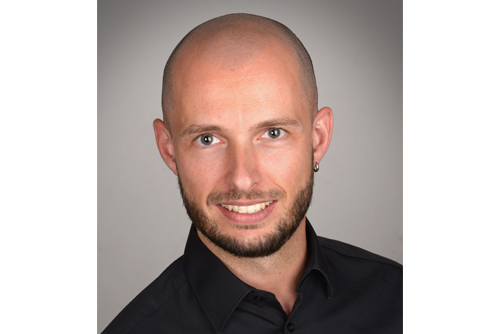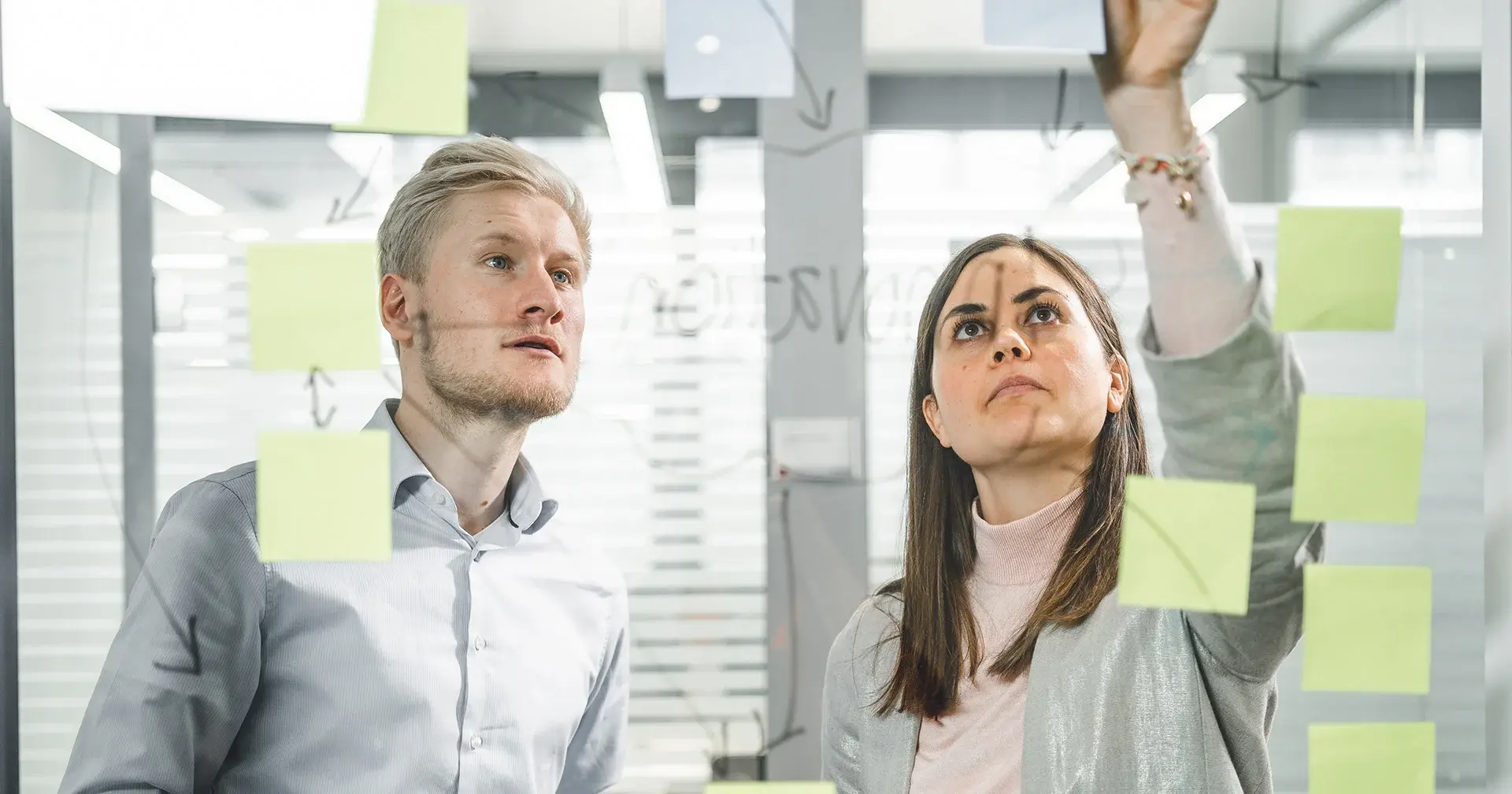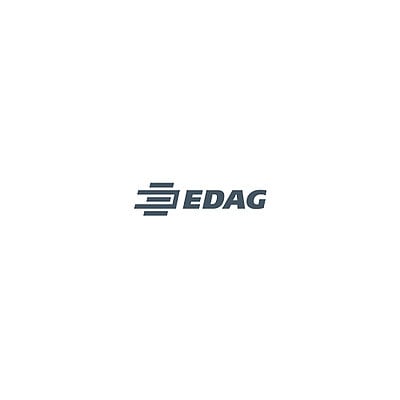Time is money. This quote by Benjamin Franklin is taken from his book “Advice to Young Tradesmen”, which was first published in 1748. Almost 300 years later, this statement is even more significant than it was then. More than ever, time is considered a scarce and valuable resource.
Time is a valuable commodity, especially for industry. Every day that a company does not produce, it loses valuable time, but above all cash. If there are delays or disruptions in the commissioning or modification of an existing plant or line, the specified project deadlines cannot be met and a race against time and costs quickly ensues.
The shorter the commissioning phases the more and faster you can save
Digitization gives the industrial world the chance to work much faster, more flexible and more sustainable. The term “Smart Factory” in particular stands for one of the most significant changes of our time. The intelligent factory is characterized by a number of advantages. Be it their adaptability, the optimisation of processes, reduction of production times and costs or a higher availability.
The various resources are networked in such a way that they communicate intelligently with each other and deliver top performance together. And that even before they are put on the green field. A keyword here is virtual commissioning.
With conventional commissioning, there are many factors that can delay the timing or go beyond the given budget. It always carries the risk of the unforeseeable and no company can afford that. Faulty planning or software errors can sometimes only be detected at the very end of a project and then become really expensive.
The advantages of virtual commissioning at a glance:
- Reduction of commissioning time in the real plant by up to 30 percent
- Greater customer acceptance due to zero-defect automation software
- Continual testing opportunities for all disciplines concerned (mechanical design and automation)
- Shorter time to market
Everything is easier when there are two of you – the digital twin
Virtual commissioning, on the other hand, creates a digital image of your plants or machines – a so-called “digital twin” that behaves exactly like its real counterpart.The basis for this doppelganger is a simulation model that is fed with all the information and capabilities of its real original. From now on, all steps, from initial planning, through assembly, software testing and commissioning, can be accompanied virtually. The so-called kinematics model now maps the system on the computer. To control these, you also need the behaviour model. By connecting the virtual model with the real plant and the real control system, all connections and processes can be checked and optimised if necessary. In addition, sensors, emergency stop switches, door openers – all components that a real system also has - are mapped via the behaviour model. These can be tested in real life by using hardware such as a switch, while the system runs purely virtually.
Through the so-called parallelisation, processes ideally run simultaneously and in a coordinated manner. Mechanical, electrical, pneumatic and software development. Should errors occur, they can be corrected immediately and processes can be optimised accordingly. Are the relevant components properly connected and work together smoothly? All this can be tested virtually.
Design and automation departments can work together right from the start in the conception phase. In this way you have a continuous overview of the processes. In this way the functions of the system can be checked and tested during all important phases. This not only considerably reduces time and costs, but we also use the virtual digital capabilities of your plant to detect possible errors and malfunctions at the beginning and optimise processes. Training and familiarisation of your employees on the virtual system is therefore also possible. So before the real plant goes into operation you are already familiar with the plant, you know the procedures and processes. For example, you could test a robot line that is still under construction.
In this video you can see exactly how it all works.
Always a solution at hand
EDAG Production Solutions supports companies in all sectors, regardless of their size, in putting plants into virtual operation. We are just as flexible in the way we work together from the very beginning as your plant will be later.
Our colleagues from iSILOG provide software solutions for virtual commissioning. This includes a complete standard software package, and our own supplementary software products for virtual commissioning, such as RobotConnect and PLCConnect. In addition to the software packages, we also offer a comprehensive training package and, if required, can also provide project support in engineering projects.
Completely independent of the size of your project or your individual requirements: We, the experts at EDAG Production Solutions, have the right solution for your virtual commissioning. Starting with software solutions for simulation, consulting and conception of machines and processes, the commissioning of a complex plant with 100 robots and more, up to the training of your personnel in a virtual training environment. You choose what you need from our range of services.
Our colleague Christoph Schultheis, Head of Automation, will be happy to assist you in finding the right solution for your company, saving you time and money. Your piggy bank will thank you.
Download our case study now and benefit from our many years of industry expertise as a production solutions partner.
